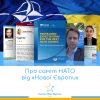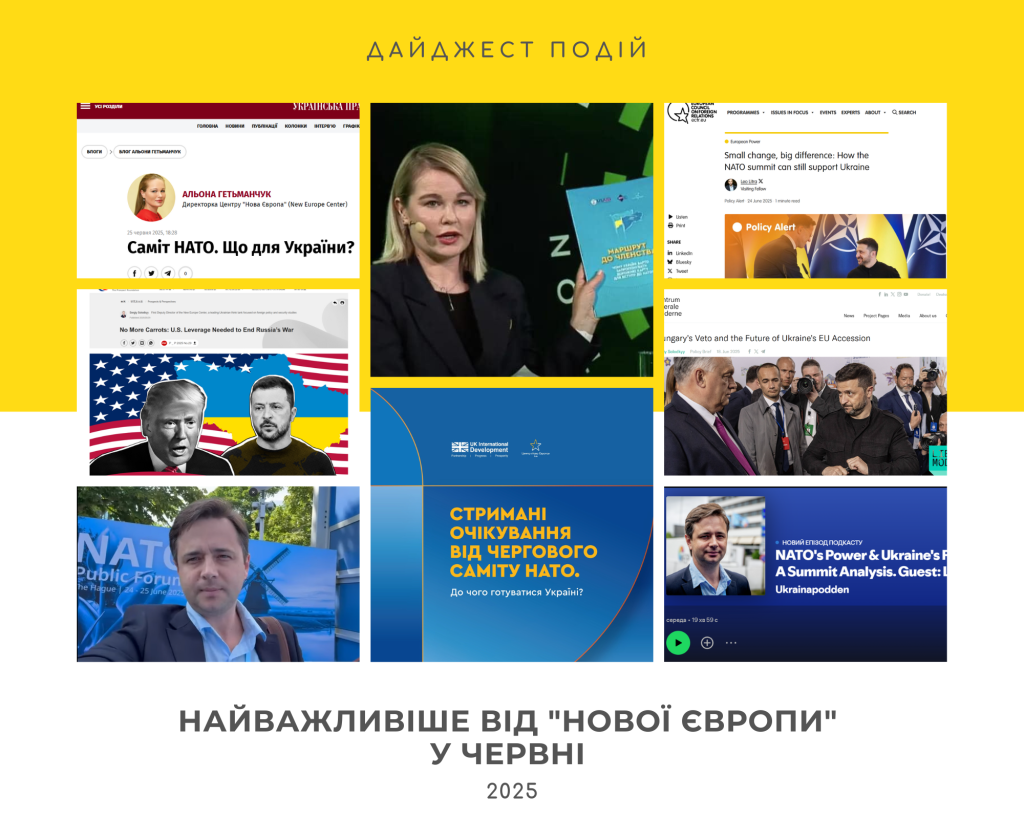How should Ukraine seek to brand itself before international audiences? The New Europe Center and the Ukrainian Jewish Encounter assembled distinguished state officials, academics, diaspora and civil society leaders at the Hyatt Kyiv in summer 2018 to share insights and experience from the Israeli state-building project and discuss how the lessons of Israel might be applicable to modern Ukraine.
For many years, Israel’s diplomatic efforts have focused on branding itself as a modern, innovative, open and cosmopolitan country. All of these themes resonate loudly in modern Ukraine. Meanwhile, Israel’s twentieth century experience demonstrates that a nation can emerge from grave historical trauma to become successful, and perhaps this is the most important lesson of all for Ukraine. The Ukraine of today is at a different yet similarly complicated stage of its own self-determination. Participants agreed that Ukraine could learn much from the public diplomacy and branding challenges faced by Israel over the past seven decades.
Focus on Strengths
Natalia Popovych, Co-Founder of the Ukrainian Crisis Media Center, discussed the parallels between Israel’s nation-building efforts and the modern Ukrainian experience. She concluded that challenging conditions could even benefit the evolution of a “startup nation” culture in Ukraine, much as it has done in Israel. Over recent decades, Israel has built up a remarkably successful intellectual brand, buttressed by the growth of its software and IT sectors. Similar opportunities currently exist for Ukraine in the country’s IT and agricultural sectors, she argued.
For this to happen, Ukraine needs to be more visible. Both Popovych and Vasyl Myroshnychenko, Partner at CFC Consulting, were encouraged by the positive coverage generated by recent high-profile international events hosted in Ukraine including the 2018 UEFA Champions League Final, the 2017 Eurovision Song Contest, and the annual international jazz festival in Lviv. The success of these events has highlighted the need for more low-cost carriers to accommodate would-be travelers and open Ukraine’s doors wider to outside audiences.
Robert Singer, CEO of the World Jewish Congress (WJC), offered a straightforward piece of advice for Ukraine as it seeks an effective branding strategy. His message was to shift focus to the positive. Ukraine will struggle to sell the country’s post-Maidan achievements in a positive light if the narrative focuses on fixing a crisis rather than promoting a victory. He argued that today’s Ukrainians have a unique opportunity to remake their country’s international image. To achieve this goal, every organization involved in constructing the narrative should let talk of opportunities and strengths overshadow negative stories. Yes, Ukraine must continue drawing international attention to ongoing Russian aggression, but it should also be honest about its achievements including economic growth and successful reforms along with cultural and athletic successes.
Embracing an Open Ukraine
Amid the ongoing conflict with Russia, it is especially important for Ukrainian society to be able to communicate its point of view. With this in mind, the role of journalists and citizens is just as important as official government channels. Ukraine must not let the “fog of war” reduce media transparency, because it relies on these same channels to transmit its message internationally. Ukraine’s openness will make it much more attractive to foreigners in the long term.
Ron Prosor, former Israeli ambassador to the UK and the United Nations, implored Ukrainians to “fight for every inch” in response to the proliferation of disinformation about the country. Citizens can even take the lead in correcting false narratives over social media, he stressed. A collective grass roots effort to counter disinformation will ultimately be more effective and have a broader reach than any official government response.
Mobilizing the Diaspora
Israel and Ukraine boast two of the world’s largest diaspora communities. The WJC created a Digital Ambassadors Club that works to counter anti-Israeli narratives and stories while seizing upon the power of the vast Jewish diaspora. Ukraine should look to harness the power of its own massive diaspora as well, particularly in cyberspace, a vast domain Mr. Singer regards as the [new] “theater of battle.” The Ukrainian diaspora can serve as a bridge to worldwide opinionmakers.
Organizations such as the Ukrainian Leadership Academy and Ukraine’s “Plast” scouting group are already developing a class of patriotic Ukrainian civic leaders and filling the gap where apathy has taken hold among young Ukrainians. Ukraine could also follow Israel’s lead and promote the idea of young Ukrainians taking a “gap year” to devote to leadership development and civic service, with the Ukrainian Leadership Academy already a path-breaker in this direction.
Solid coordination between Ukrainian state organs and the country’s robust civic organizations will help. By constructing a broader and more optimistic narrative about Ukraine’s future, both official and unofficial channels can support Ukraine’s public diplomacy goals and improve perceptions of Ukraine abroad. Delivering key messages clearly and consistently will prove crucial.
After the dissolution of the Soviet Union, one of Ukraine’s biggest challenges was to demonstrate its distinctiveness from Russia. Deliberate disinformation has further clouded this important aspect of identity. The present geopolitical focus on Ukraine now offers the country a chance to tell its own story in its own words. Constructing a new narrative about Ukraine as a success story rather than a victim will help the world get to know the real Ukraine beyond the stereotypes.
This article was published on the Business Ukraine Magazine website







